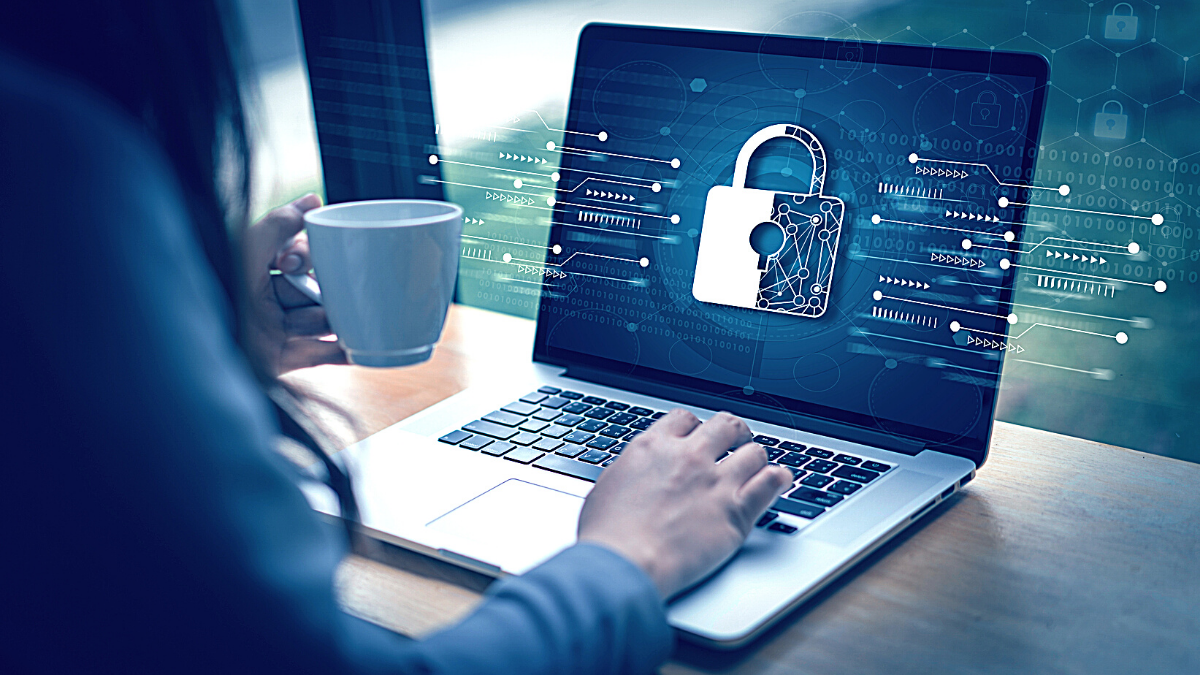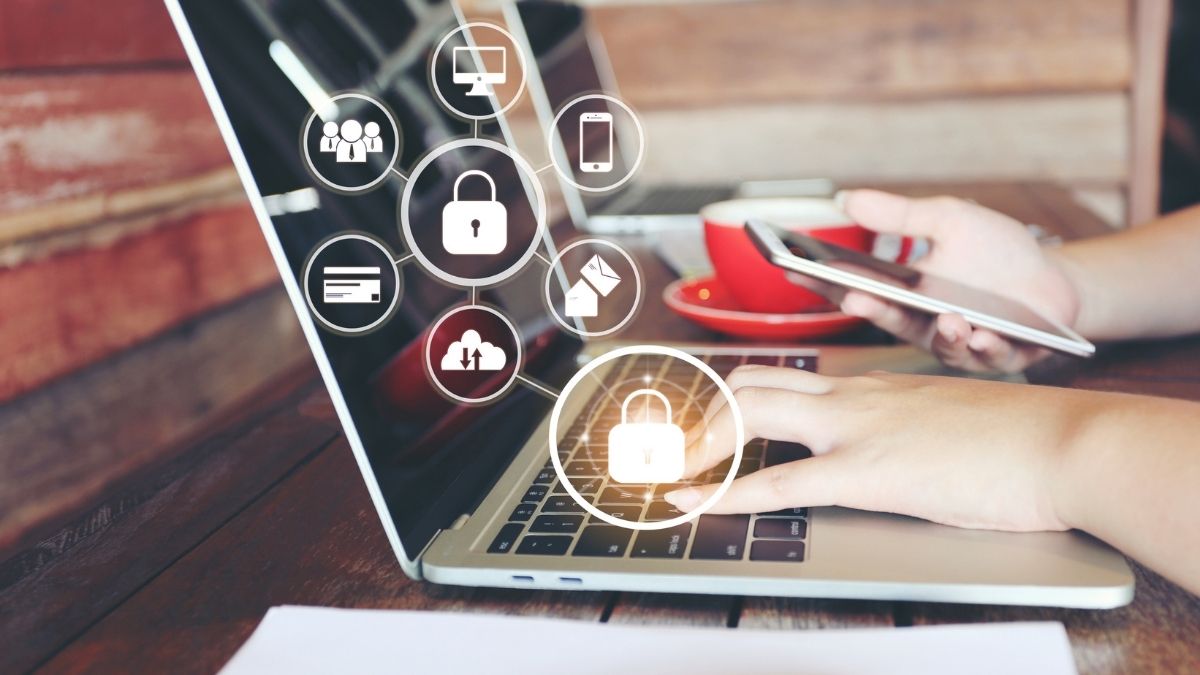Encryption algorithms are used for security purposes in many facets of today’s world. We can use them to keep our messages private, send photos we want to keep discrete and hide our location. But did you know the FBI has its own encryption system that is virtually uncrackable? This complicated algorithm uses a unique system that no one has ever broken.
5 silly mistakes putting your online privacy and security at huge risk

There are so many online scams and tricks out there I can’t cover them all on my website and national radio show. I make it my duty to inform you of the tactics bad actors use to fool you.
A great podcast was the episode when I dove into the mind of a hacker. Tap or click to listen to an episode of my podcast, Kim Komando Today, with an IBM social engineer. She spills the secrets hackers use to scare and confuse people.
I know you have seen a common trick: fake calls and emails pretending to come from government agencies. No one wants to deal with the IRS or a problem with Social Security. Tap or click for a new government scam making the rounds.
Here are five more ways you’re at risk — with easy solutions to be a little safer online. This tip is brought to you by our sponsor, TotalAV, Kim’s pick for protecting all your devices from malware, dangerous sites and other threats.
1. You post for the whole world to see
I read a study from Pew Research that blew me away. Of those polled, 53% of Twitter users said that their profiles were set to public. Pew examined the profiles of everyone who submitted their account handle, and a whopping 89% were public.
Yikes. It looks like we could all use a reminder to check if our profiles are private.
An easy way to check what others see is to open up a new browser window in private or incognito mode. Navigate to your profile, such as https://twitter.com/kimkomando. If your tweets are visible, your profile is public.
To lock down your Twitter account from a computer:
- Log in. On the left-hand side, click More > Settings and privacy > Privacy and safety
- Go to Audience and tagging > Check the box next to Protect your Tweets
Now only those who follow you can see your posts. It’s your job to clean up that list and block anyone you don’t want following you.
What about on Facebook? Tap or click for an easy way to keep out creeps and snoops.
Antivirus vs. VPN: Do you need both for online privacy and security?
You probably know that bad guys lurk within every corner of the internet. You have to watch out for spyware, ransomware, phishing attacks, IoT invasions and more. Oh, and don’t forget “zero-click attacks.” Researchers recently discovered hackers used military-grade spyware to remotely access iPhones and even replicate their data.
Here’s what it looks like when a virus takes over your computer
A slow computer can turn you into a detective. You start investigating the clues, trying to find out what happened. You might even Google “How to tell if you have a virus” or “Warning signs your computer is infected.”
6 apps that could make a difference during an emergency

Have you ever been stuck in the middle of an actual emergency? Tap or click here for 18 must-have items that help you survive any crisis.
Not every calamity takes place at home. You never know when you’ll be facing something dire with only your smartphone in hand.
8 signs that your computer has been hacked

If your device is connected to the internet, it’s vulnerable to hacks. It’s as simple as that. Cybercriminals are always coming up with new tricks to get into your gadgets and you should be aware of that.
Fortunately, there are usually signs that your device has been compromised. When it comes to smartphones, this can include spikes in data usage, battery drainage and changes to your home screen, among other indicators. Tap or click here for information on diagnosing and solving phone hacks.
Giving up Kaspersky? Get a year of Kim's antivirus pick for only $19
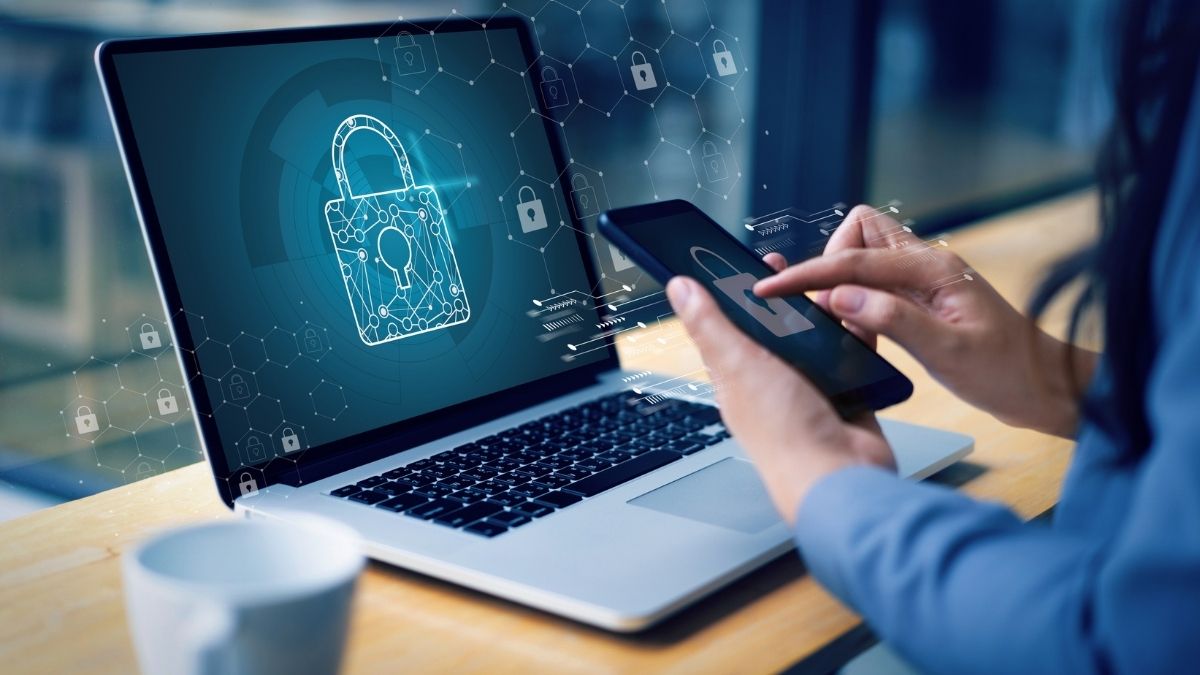
With tensions mounting across the world during the Russia-Ukraine War, cybersecurity experts warn not to use Russian-owned Kasperksy antivirus protection. Here’s why.
A question I get time and time again is, “What’s your antivirus recommendation?” Whether you’ve never used antivirus, stopped years ago, or want to get rid of Kaspersky, I can help.
Your ISP is watching — Here's what it knows about you
You probably know by now that your internet service provider watches what you do. After all, a tiny bit of surveillance helps these companies provide the best services possible. But many ISPs collect data beyond their scope, according to a new report from the FTC.
A look inside the FBI’s encryption system
Free check to see if your router has been hacked by criminals
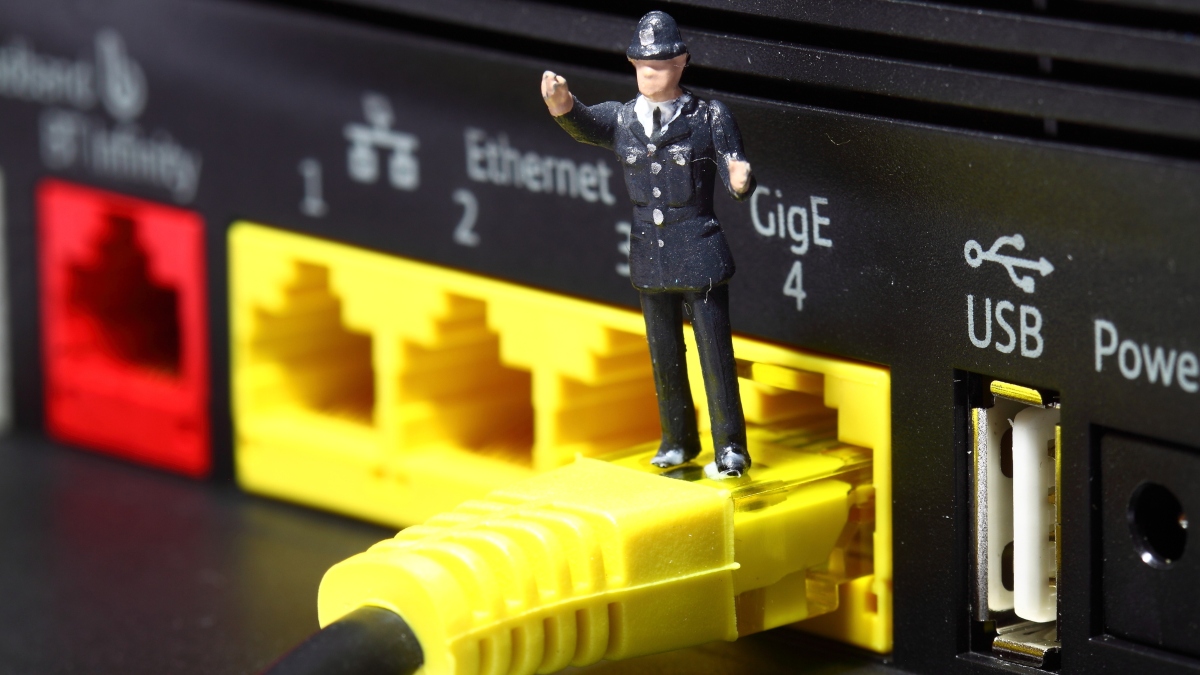
The internet is a crazy place. Not only do marketers and advertisers follow your every move, but there are also hackers and scammers lurking in the dark corners, ready to pounce on your personal information.
At least marketers and advertisers want to make money off of you. The hackers and scammers we’re talking about want to flat-out steal your money by hijacking your personal information.
The government doesn’t want you to know these Dark Web secrets
The Dark Web is a mysterious place. Once you leave the relative safety of the traditional internet, things can get pretty scary. But, you might not know there are things on the Dark Web that the government is working to keep confidential. The secrets might just blow your mind.
What's on the Dark Web? These are the top 5 sites in 2021
When most of us think of the Dark Web, our mind goes straight to the worst-case scenarios. We think of assassins, poison, illegal drugs and creepy red room videos. But these hidden corners of the internet aren’t all darkness and depravity.
5 common VPN issues and how to fix them
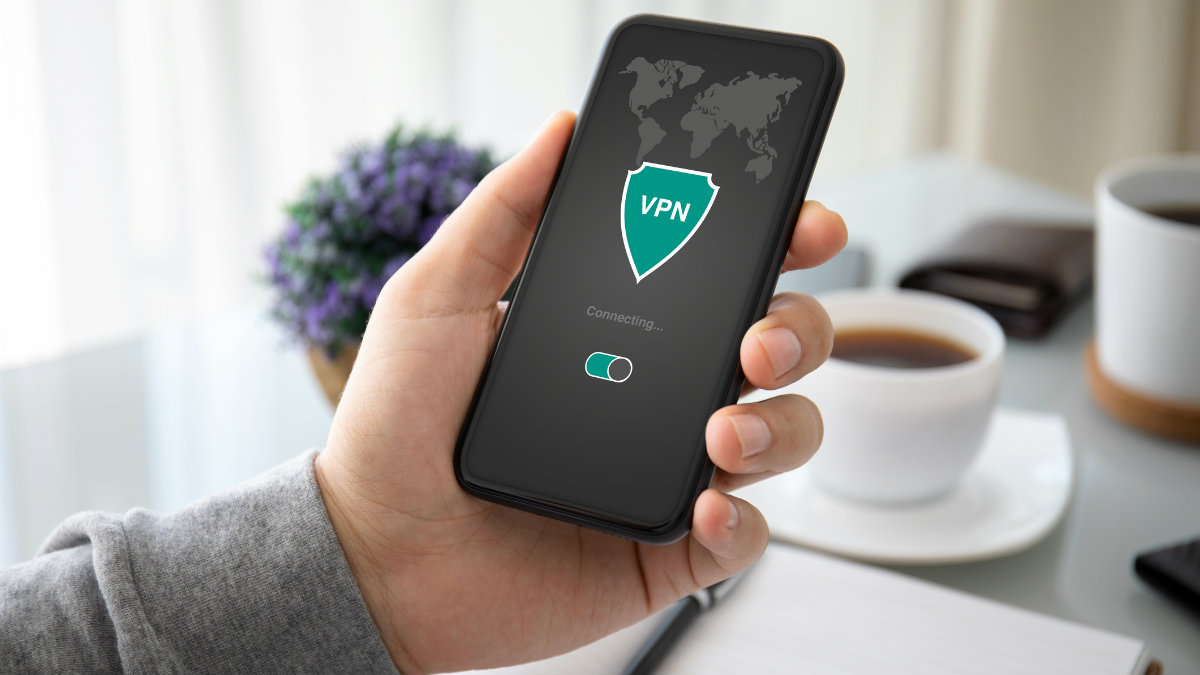
VPNs, or virtual private networks, are typically set and forget services that don’t require a lot of troubleshooting. Unfortunately, this doesn’t mean there aren’t problems with VPNs you might have to address from time to time.
Security tip: How to set up a VPN on all your devices
If you’re security and privacy-conscious, you need to take all the steps you can to keep yourself safe online. That starts with the right VPN.
Not using a VPN is like leaving your front door unlocked every time you go out. Sure, nothing might happen for years, but when something does happen, it’s devastating.
Reader question: ‘Are all VPNs the same? Which one should I go with?’
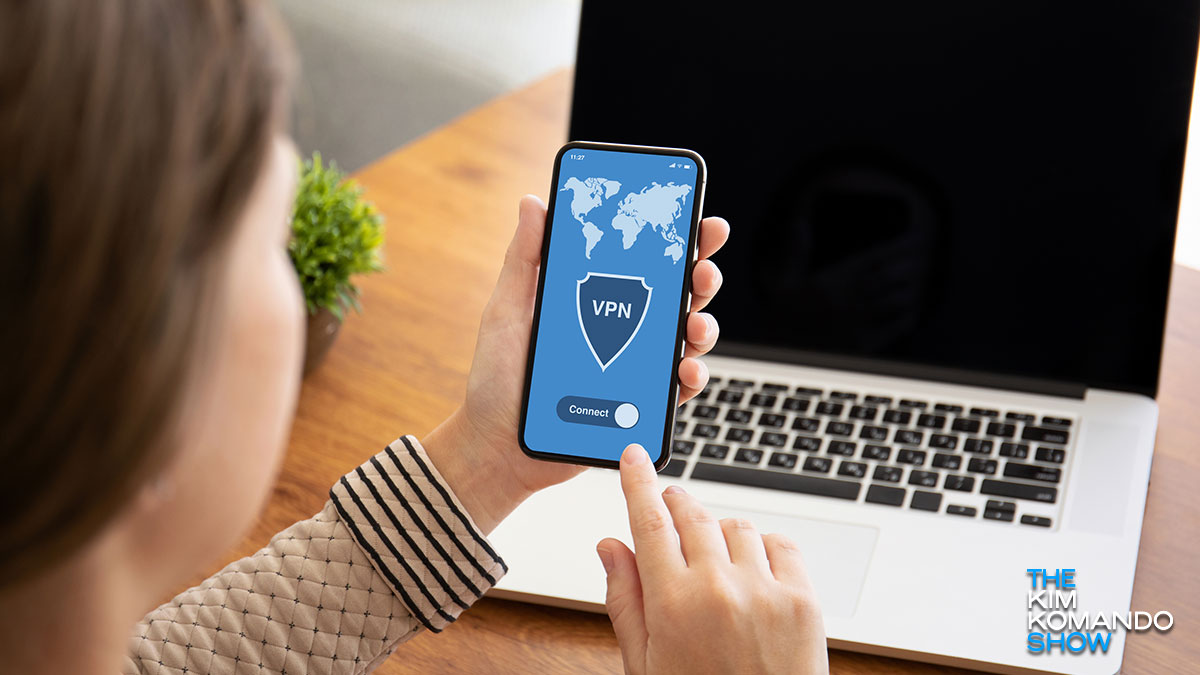
I recently received a great question from a reader named Jim. He wanted to know about VPNs, and I think this is something many folks may be unclear about.
“I have a question about iPhone security. Are all VPNs the same? Or is one better than the other?” He went on to say that his phone has been compromised in the past.
Scary new malware that live streams your screen - Here's what to look for

Ever feel like somebody is watching you? Years of horror movies have given us a real sense of fear of being watched by unsuspecting people. When it comes to tech, malware could be the suspect. Millions of PCs are infected with malware. Tap or click here to check your Windows computer now.
Warning: Free VPNs are putting you at risk
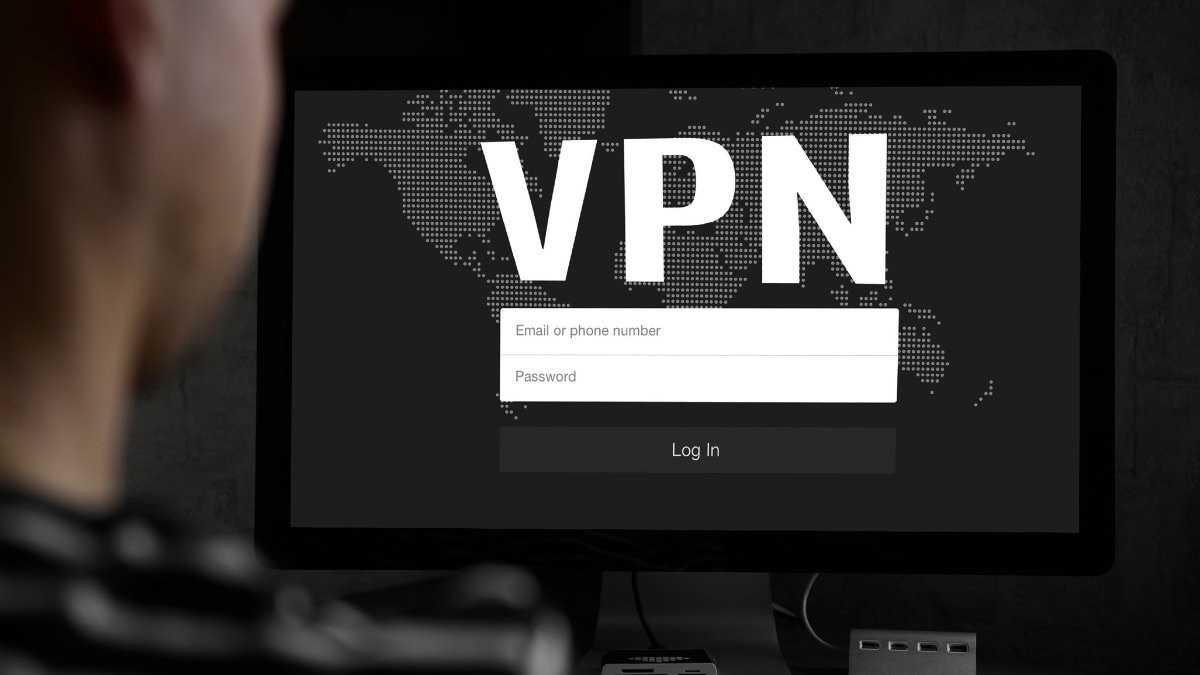
There’s nothing wrong with trying to save a little money every now and then. Cutting back on dining out or getting a $6 latte every day is a good place to start.
But one thing you definitely don’t want to skimp on is online security. You think you’re saving money with free VPN downloads or apps, but they will cost you in the end.
5 hidden ways a VPN can make life better and more secure
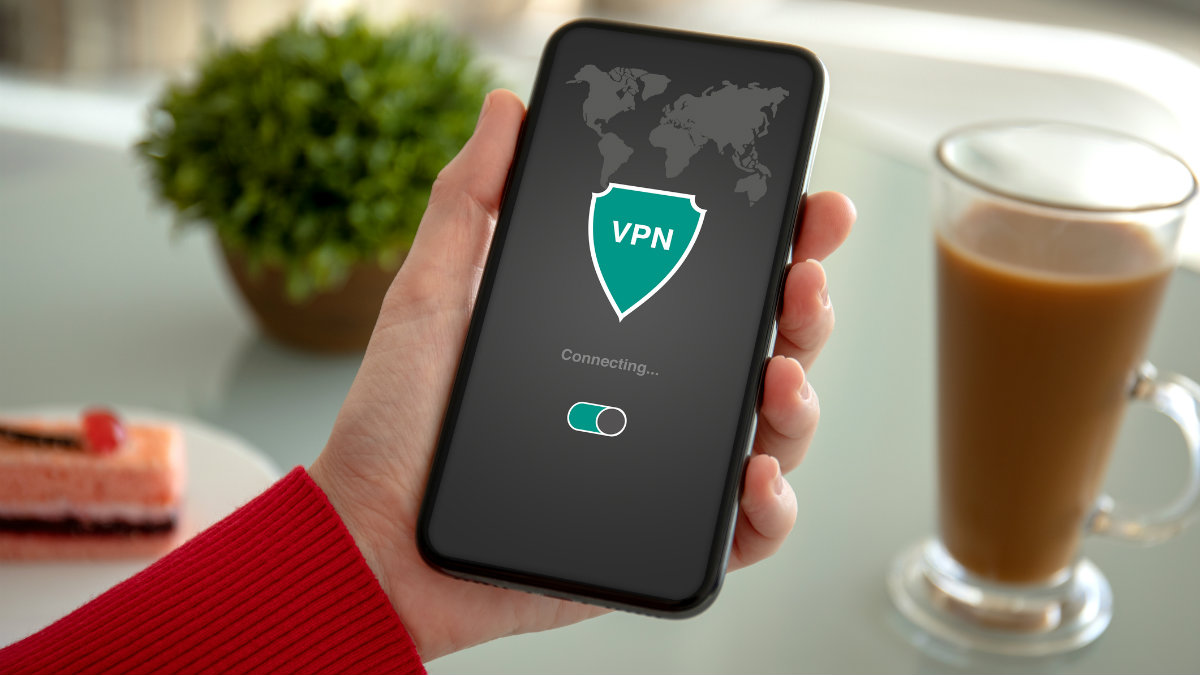
Between all the cybercriminals and downright snoops in the world, it’s getting more difficult to protect your privacy.
A VPN gives you a secure bridge between your devices and the internet. You might not even realize just how important this is and all the ways a VPN comes in handy. Keep reading for five uses you might not know about.
7 strategies to delete yourself from the internet
Maintaining your online privacy has become increasingly difficult. If you’re tired of platforms and companies snooping through your personal data, it’s time to take action. In this video, Kim shows you seven ways to shut out Facebook, Amazon, Twitter, people-search sites and others.
The tracking secret your ISP doesn't want you to know
Let’s talk about cookies — not the kind you eat, but the ones that hold all the information your browser saves from websites you visit. Cookies are tiny files that contain your logins, user names, passwords and ads you’ve seen. Basically, they’re little trackers that follow you around the web, which means they have a ton of data on you and your browsing habits.
5 router admin settings you need to change to keep hackers out
Router security isn’t the most exciting thing in the world, but when it comes to the safety of all the devices in your home, it’s incredibly important. Kim shows you how to protect yourself and your family with just a few simple tweaks of your router’s settings, directly from the admin page. Don’t worry, these are simple changes anyone can make.
